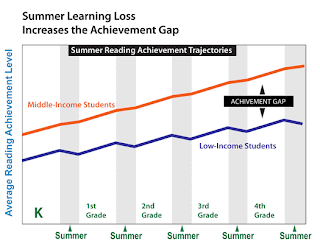I remember a student (very talented) who told me she wasn’t sure if she wanted to perform in front of people. She had the opportunity to do so, and was very uncertain about committing.
Now, there can be a lot of reasons that a student might prefer not to perform. Some have legitimate fears of being in front of people, or might just prefer to keep their musical experience purely experimental and personal.
This student had not been with me long, but in the few months I had spent with her, my impression was that she was a driven, motivated, extroverted girl. I was aware, however, that her previous music lessons were somewhat traumatic (I’m not exaggerating), and that the relationship she had with her previous teacher was rather damaging.
So, I started asking questions. I never make any judgments one way or the other when it comes to performing or public shows – the choice that the student makes is the one that I support. I do, however, like to make sure that the student is making the choice for the right reasons, and that they understand those reasons.
Are you uncomfortable in front of people?
No, she said.
Are you worried about what the audience might think?
Not really, unless I might make a mistake, she said slowly.
How would they know? I asked.
Well, they might not, but you might yell at me, she told me.
Aha. The fear of performing had nothing to do with the audience, or being uncomfortable on stage. It didn’t really even have anything to do with her making a mistake. She was afraid of what I might say or do because of a potential mistake.
Have I ever yelled at you? I asked, knowingly perfectly well this fear had nothing to do with me, and everything to do with her previous music lesson experiences.
No, but you might if I made a mistake in a performance, she said matter-of-factly.
Do you know why I’ve never yelled at you? I asked.
No, she said.
Because this is music we’re talking about. When you come in for your lesson, you’re taking everything you’ve practiced and learned in the past week, and you’re sharing that with me. And I consider that a very special thing. When you go and perform in front of an audience, you’re doing the same thing. If you get up there, and you share your music with the audience the best you can, then you’ve done it - you’ve accomplished your goal. And it doesn’t matter how many mistakes you make, as long as you’re trying – you’ve succeeded. And I would never yell at you for that.
What if I fell, or forgot all my notes and had to start over?
What if you did? I responded with a smile.
What if – she started.
I won’t ever yell at you, for anything, I said. If you were mean or lazy or didn’t try, then we would have a discussion about it, certainly. And even if you do an amazing job and your very best, we’ll talk about how you can be even better next time. But there isn’t a scenario under the sun that would make me yell at you.
Never?
Never.
Okay, then I’ll do it, she said.
And that’s all it took – she just needed assurances from her teacher.
Educators hold an incredible amount of influence over their students, and we must be incredibly careful to always use that influence in positive, constructive ways. These experiences stay with a student forever, and that is something that we have to remember forever, too.
Start a new relationship today!
The Music Momma


